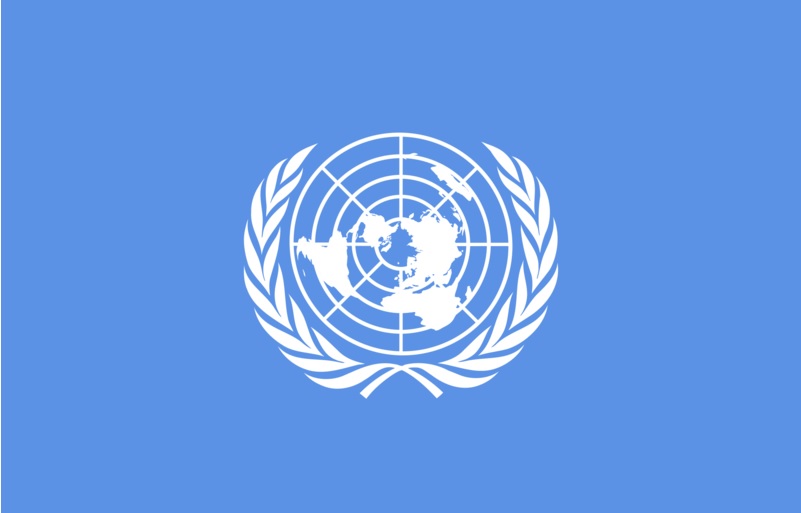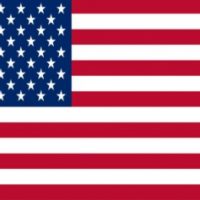Footnotes
| 1. | ↑ | Ontario alone currently spends $10-13 billion dollars a year on poverty programs and payments. The cost of poverty includes among other things the costs of social services, health care, and criminal justice. In 2011, the federal government spent almost $20 billion on Employment Insurance payouts. See “How Expensive is Poverty in Canada?” At Canada Without Poverty: The Cost of Poverty. Accessed May 19, 2021.It will be interesting to see whether the new federal budget of 2022, in which there is a plan to increase taxation on banks, will come with legislation prohibiting banks from raising service and other fees to pass this cost to consumers. Without such legislation, the move is empty: Feds Tax Banks. Accessed April 9, 2022 |
| 2. | ↑ | Ariely, Dan. “You Are What You Measure”. Harvard Business Review: June 2010. |
| 3. | ↑ | Snell, K. D. M. (2017). The rise of living alone and loneliness in history. Social History, 42(1), 2-28. Online here. |
| 4. | ↑ | During Covid-19, the percentage of young adults living with parents rose to almost 50%, but pre-pandemic gives a more realistic picture of the true situation, although we can certainly expect more multi-generational homes as people try to recover economically over the next several years. See Census Canada for 2016: Percent of Young Adults Living with Parents 2016 |
| 5. | ↑ | A number of thinkers address this reality. Examples include: 1. Amy Smith, “What’s Wrong With Being Independent?” in Psychology Today: September 28, 2014. Smith refers to the western narrative of the self-made person to show that such narratives can lead us to “idealize autonomy, instilling unrealistic expectations of attaining our goals solo—and these narratives also overlook the fact that we benefit enormously from the help of others.” We would note that she also conflates autonomy with independence, where autonomy is a term that does not presuppose isolation in the way “independence” does. Accessed January 20, 2022. 2. Shoba Sreenivasan and Linda E. Weinberger, “Some Thoughts on Independence” in Psychology Today: June 30, 2017. The authors refer to the 1988 work of John Bowlby – A Secure Base. New York: Basic Books. – to remind us that while “healthy independence” (autonomy) is necessary for flourishing, sometimes “offspring may become so achievement orientated that they have to “stand out” from others and consequently fail to develop close relationships and intimacy with people.” There is little doubt that parenting in a tournament culture carries this over-independence into adulthood, where it is required for winning. Accessed January 20, 2022. |







 Beyond GDP: Lessons for Redefining Progress in Canadian Food System Policy
Beyond GDP: Lessons for Redefining Progress in Canadian Food System Policy The Toxicity of a Hyper-Competitive Work Environment
The Toxicity of a Hyper-Competitive Work Environment Universal basic income can be the worst of all worlds - but ‘free money’ schemes do work
Universal basic income can be the worst of all worlds - but ‘free money’ schemes do work Correcting Capitalism: Changing Metrics and Meanings of Work among Japanese Employees
Correcting Capitalism: Changing Metrics and Meanings of Work among Japanese Employees Loneliness During the Covid-19 Pandemic
Loneliness During the Covid-19 Pandemic